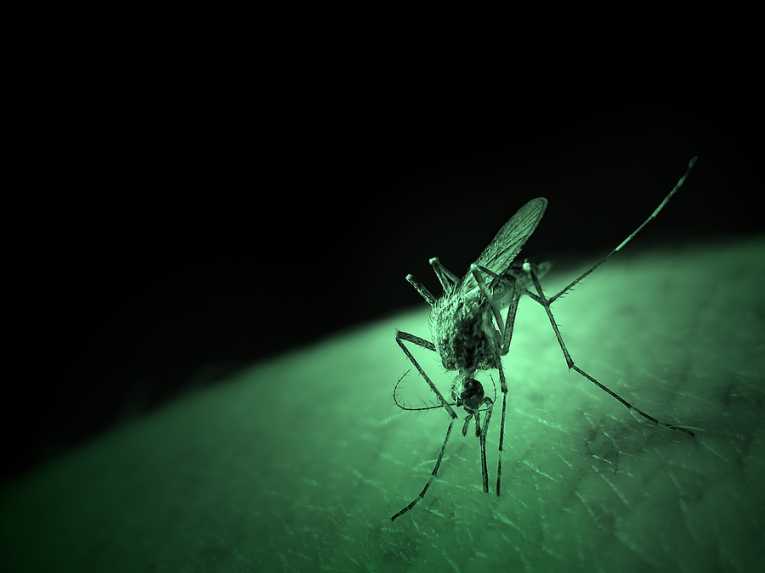A new vaccine created by researchers at Michigan State University may provide a much-needed new weapon in the global war against malaria. The vaccine combines a disabled cold virus with a gene that stimulates the immune system.
The result is a vaccine that may finally help solve an age-old problem; fighting the disabling effects of malaria infection. Although largely eradicated in developed countries such as the U.S., where it was once endemic, malaria remains a major public health threat in the developing world. Transmitted by mosquito bite, malaria causes severe, intermittent fever, and kills nearly a million people annually, primarily in sub-Saharan Africa.
Researchers have struggled for years to develop a vaccine for the disease. "Some vaccines are showing promise, but they are not as effective as they need to be for any mass distribution," said Andrea Amalfitano, of the College of Osteopathic Medicine at Michigan State University. Amalfitano led the team that developed the new vaccine. The team's research was published this week in the current edition of PLoS ONE.
The team has focused its efforts on a specific protein on the parasite that causes malaria, a family of organisms known as Plasmodium species. Among individuals who have been infected multiple times, immune system antibodies have been known to form. These antibodies are reactive to this particular Plasmodium protein, which suggested that the protein offered a target for vaccine development.
"What we are looking to do is improve the ability of the vaccine to induce immune responses to that protein," Amalfitano said. "We are adding genes to the vaccine to try and stimulate the immune system."
Although the present research is still in the animal-testing phase, Amalfitano and colleagues remain optimistic. Their new approach shows promise, as it has stimulated a stronger immune system response than any previous vaccine. "This research will help us as we create a viable vaccine," Amalfitano said. Next, his team will investigate the ability of the new vaccine to prevent malaria in animal models. If al goes well human testing could eventually follow.
Top Image Credit: © Gregor909










